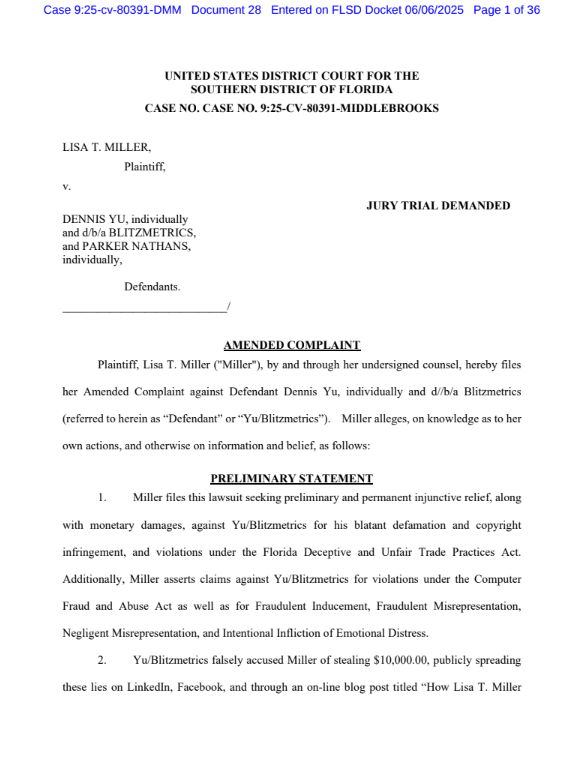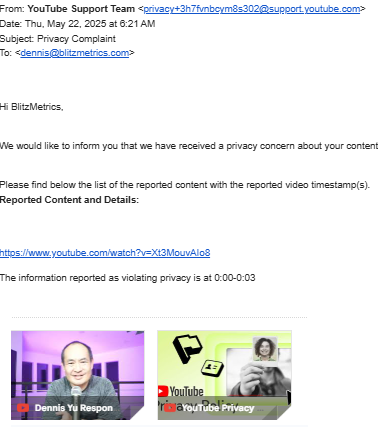From College Student to Home Services Marketing Star: The Rise of Ethan Van De Hey
I first met Ethan Van De Hey a few years ago when he was still a college student with big ambitions. Back in 2022, Ethan reached out to me while he was studying at UW–Eau Claire and helping a tech startup. I remember his very first email – he introduced a startup called Zync.ai and […]
From College Student to Home Services Marketing Star: The Rise of Ethan Van De Hey Read More »

